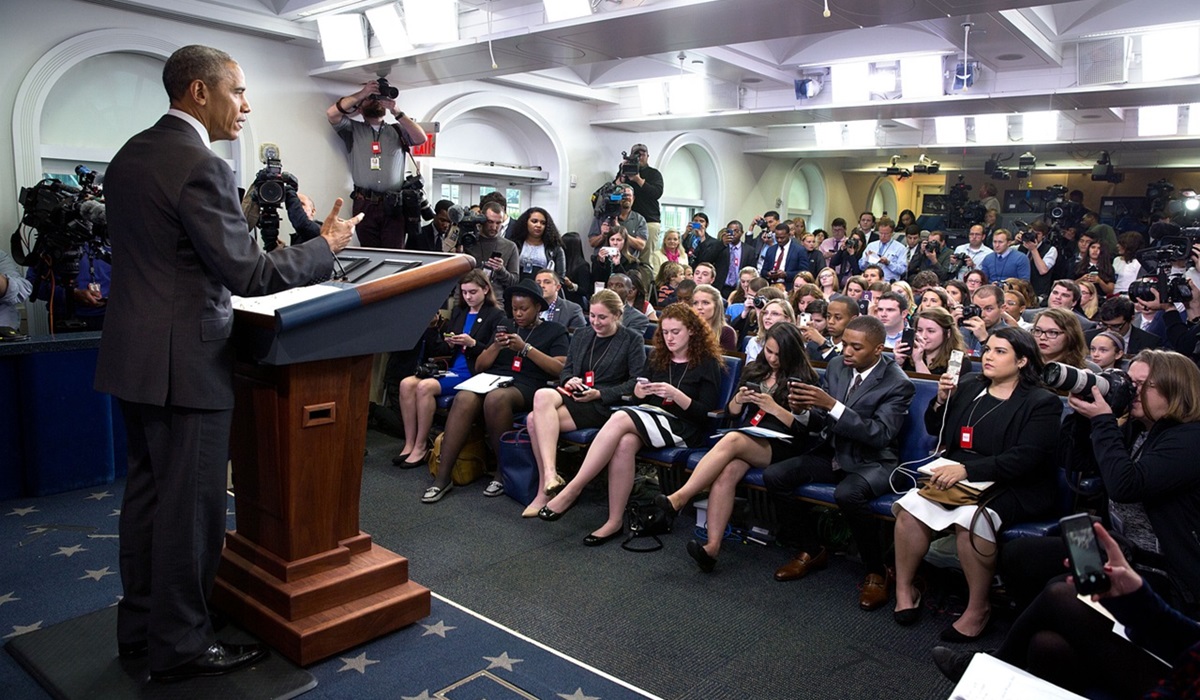Locked in the Past: How Old Policies Are Failing a New Generation
- Kingston Bailey
- U.S.A
- September 2, 2024

Image Credit, Jon Tyson
Who really writes the policies that shape our lives? It’s a question worth asking, especially as we watch the endless parade of political figures—many of them older, set in their ways, and out of touch—crafting the laws and regulations that govern society. The frustrating reality is that these so-called “dinosaurs” in office often produce policies that feel disconnected from the needs and desires of younger generations. The language they use, the perspectives they champion, and the values they espouse can seem as outdated as a dusty relic from a forgotten era. It’s no wonder that people have started to question whether these politicians are truly equipped to lead us into the future.
The heart of the issue lies in the composition of the power structures that dominate policy-making. The senior community, while experienced, holds a disproportionate amount of influence, and it shows in the policies that come to life. These laws often seem tailored to preserve a status quo that benefits the older generation while sidelining the voices of younger people who are more attuned to the realities of today’s world. And yet, it’s the younger generation that must live with the consequences of these decisions—policies that shape their education, employment, healthcare, and the very fabric of society for decades to come.
But is this dominance of older policymakers truly justified? Is it warranted that those who will see the least impact from today’s laws are the ones crafting them? The glaring lack of input from younger voices in the policy-making process is not only frustrating—it’s undemocratic. Younger generations, with their fresh perspectives, innovative ideas, and a clearer vision of the future they wish to inherit, deserve a seat at the table. They deserve to influence the policies that will determine the course of their lives.
Unfortunately, the reality is that their influence is often minimal. Despite the increasing number of young people engaging in politics and activism, their voices are frequently drowned out by the sheer weight of tradition and the inertia of established power. Policies of today, more often than not, reflect the priorities of those in power—priorities that can feel stale, stagnant, and resistant to change. These are policies rooted in the past, not geared towards a dynamic future.
Changing these policies to better align with the needs of today’s world would indeed upset the established order. It would challenge the comfort of those who have long enjoyed their positions of power, who have grown accustomed to a system that works in their favor. But change is not just necessary—it is inevitable. The question is, will we allow this change to be driven by the bold, innovative, and forward-thinking ideas of the younger generation? Or will we continue to be bound by policies that fail to reflect the reality of the world we live in today?
It’s time to ask ourselves who really benefits from the policies being written and enforced. Are they serving the interests of society as a whole, or merely preserving the power of those who fear change? As we move forward, we must demand that the voices of younger generations are not just heard, but prioritized. Because policies that don’t evolve with the times are not just out of date—they are a disservice to the future we all share.
It’s time for a reckoning in our policy-making process. The future belongs to those who will live in it, and it’s their voices that should be shaping it. If we fail to recognize this, we risk condemning ourselves to a world shaped by the past, rather than one built for the challenges and opportunities of tomorrow.








